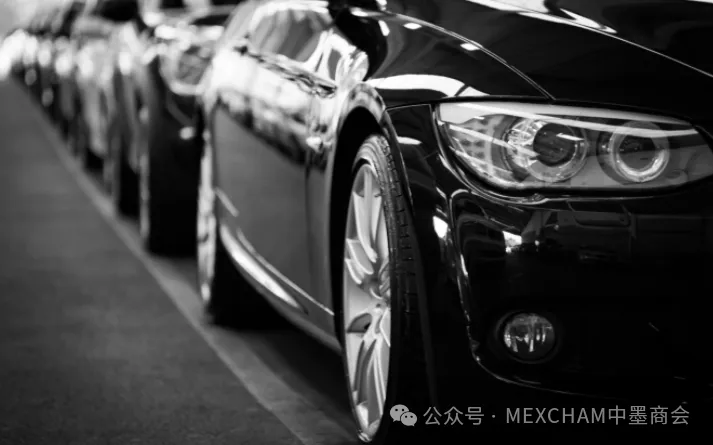
The first half of 2025 has been marked by the decision of the US administration to increase tariffs on materials such as steel and aluminum, which has impacted the Mexican automotive industry, particularly the auto parts sector. In April and May, there was a drop not only in production but also in sales. Despite this context, Chinese car brands continue to seek a stronger position in the Mexican market, aiming for greater representation in vehicle sales in the country.
The exponential growth of Chinese automotive brands seen in 2023 and 2024 has moderated in recent months, even though new brands and models are still being launched, especially in the premium segment. Nevertheless, their sales performance during the first four months of the year remained consistent compared to 2024. According to INEGI data, from January to April 2025, Chinese car brands accounted for 8% of total units sold, the same percentage as in 2024. However, the number of units sold was slightly lower: 40,164 cars this year compared to 41,797 last year.
It is important to note that these figures do not include data from several brands that are not affiliated with or do not report to the Administrative Registry of the Automotive Industry of Light Vehicles (RAIAVL) in Mexico, or have not provided certain data.
Despite the lack of official records for some brand operations, their presence has undeniably grown and continues to increase in the country. One only has to look at the streets and highways to see the number of previously unknown Chinese-brand vehicles now flooding the cities. In the case of BitCar, a digital platform for vehicle leasing and financing, the share of Chinese brands in financing product placements has increased. Over the past twelve months, 22% of unit placements were for Chinese brands and models—a figure higher than the first four months of 2024, when they accounted for 17.4%, and 16% in 2023. Within BitCar’s placements over the past year, the Chinese brand BYD experienced the most growth and participation at 43%, followed by MG at 32% and JAC at 7%.
Tariff Uncertainty
Despite the uncertainty caused by tariff announcements and decisions made by the US administration in the early months of the year, the expansion and growth of Chinese companies in Mexico has not halted.
US President Donald Trump decided to raise tariffs on steel and aluminum-derived products from 25% to 50%. According to experts, this decision directly impacts the competitiveness of the Mexican auto parts industry and could lead to an increase in vehicle prices. These materials are key for manufacturing parts such as engines, brake systems, and body structures, which will undoubtedly become more expensive due to this new tariff policy.
Mexico’s automotive production has already shown signs of being affected, with vehicle sales dropping by 0.4% in May — the first such decline in a similar period since 2020, during the pandemic, and the second consecutive month with negative figures. It is expected that there will be a contraction in sales during the second half of the year. However, the industry plans to counter US policies by boosting investments, as announced by President Claudia Sheinbaum through the Mexico Plan.


MEXCHAM continues building bridges between Mexico and China.
中国墨西哥商会将继续作为墨西哥与中国之间的桥梁,不断努力。

Cámara de Comercio de México en China
(MEXCHAM)中国墨西哥商会
www.mexcham.org
bj.info@mexcham.org
